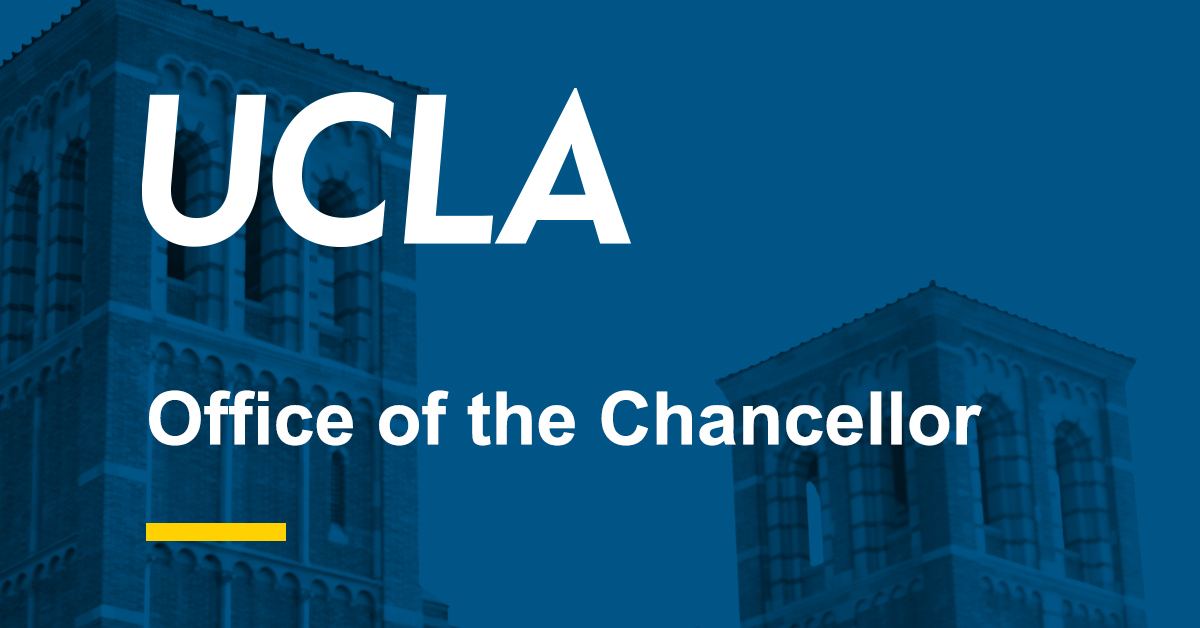The Academy of Motion Picture Arts and Sciences announced the short list for the Academy Awards, the results of which will be announced in March 2024. The list included two films from the Arab world, the Tunisian film “Daughters of Olfa” by director Kawthar Ben Hania, and “White Lies” by Asmaa, the director.
Through her Facebook account, Kawthar Ben Hania announced that her film “Daughters of Olfa” had been shortlisted for the Oscars, and said that Tunisia had been shortlisted twice.
Her film “The Man Who Sold His Back” was shortlisted for the Oscars in 2021, after it was shown at Cannes and a number of international festivals, and “Daughters of Olfa” won the Best Documentary Award from the Red Sea Film Festival a few weeks ago.
In “Daughters of Olfa”, Ben Hania mixes documentary and drama through a realistic story of two girls from Tunisia who joined an armed group in Libya.
Kawthar Ben Hania confirmed to Al Jazeera Net that the idea of mixing documentation and drama required a long time. She started working on the film in 2016, but she was not satisfied with what she filmed and felt that it was meaningless and not at the level of the story that carries different human dimensions, and is intertwined with politics and society, but she returned to the project after That I decided to work on it differently.
Moroccan director Asmaa Al-Moudir also announced that her film “White Lies” had been shortlisted for the Oscars, and through Facebook, she thanked the film team, the Ministry of Culture, the Film Center in Morocco, and Al Jazeera Documentary.
The film “White Lies” was shown for the first time at the last session of the Cannes Film Festival in the “Special Look” category.
At the end of last November, the film won the gold star at the International Film Festival in Marrakesh, and was recently shown at the Red Sea Film Festival.
The film mixes the personal and political dimensions. Through the director’s research into the past of her family, which she visits in Casablanca, she documents a historical period known as the Bread Uprising in 1981, and other events in Morocco. The heroine, who works in the field of cinema, tries to discover the details of her childhood through her relationship with her family and friends.





